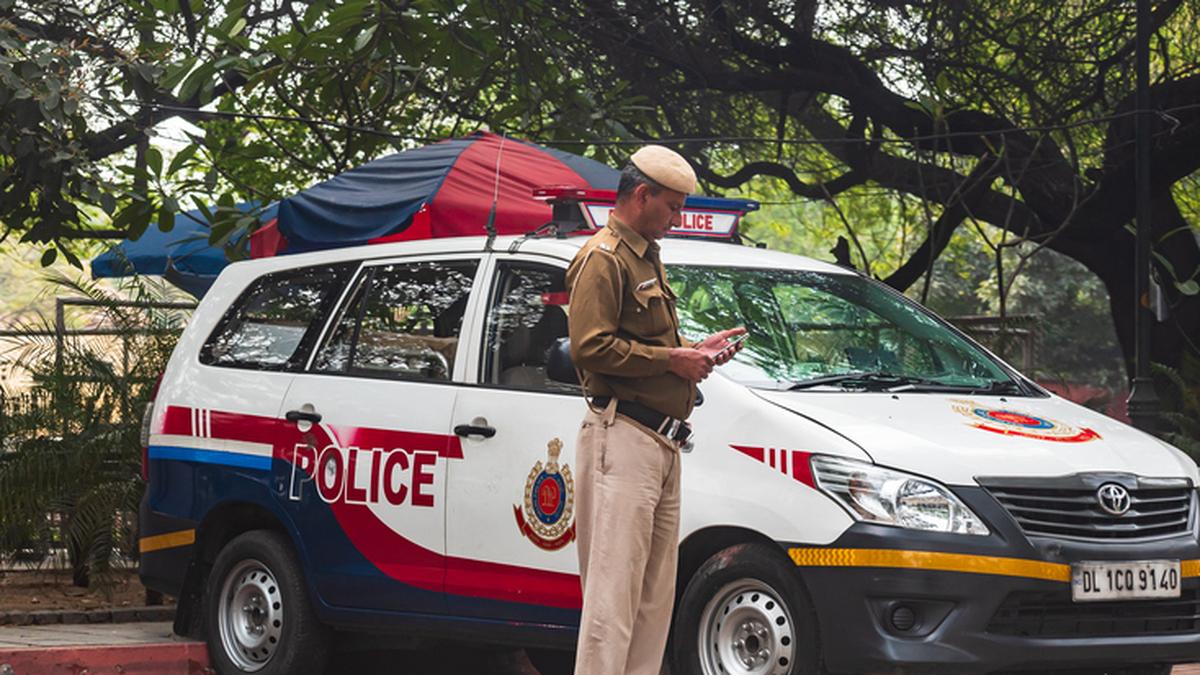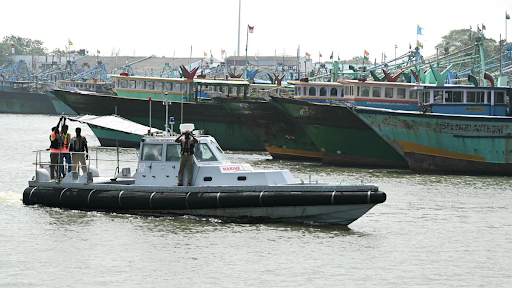




Disclaimer: Copyright infringement not intended.
Key Facts about IndiaAI:● Collaborations: ○ Government of India, NASSCOM, State governments (Telangana, Tamil Nadu). ○ Private companies: IBM, Microsoft, NVIDIA, Meta, Tech Mahindra. ○ Academic institutes: IIT Madras, IIT Jodhpur, IIT Ropar. ○ Startups: CoRover, Niramai, Haptik, Yellow AI, TagHive. ● Government Initiatives: ○ MEITGI (Ministry of Electronics and Information Technology). ○ Digital India and National Programme on AI for promoting AI adoption. AI infrastructure in india ● IndiaAI Mission (2024): The Indian government has allocated ₹10,300 crore over five years to strengthen the country's AI capabilities. ● AI Compute Facilities: India has 10,000 GPUs (Graphics Processing Units) available for AI computing, with plans to expand further. This is one of the largest AI infrastructures globally. ● Affordable Access to AI: The cost of using GPUs in India is ₹100 per hour, much cheaper than the global rate of $2.5 to $3 per hour. ● Domestic GPU Development: India plans to develop its own GPUs within the next 3 to 5 years. ● Semiconductor Manufacturing: The country is building 5 semiconductor plants to support the AI and tech sectors. Data & AI Centres: ● IndiaAI Dataset Platform: This platform provides open access to high-quality, anonymized datasets, helping startups and researchers in India. ● Centres of Excellence (CoE): India has CoEs focusing on healthcare, agriculture, and sustainable cities. There's also a new CoE for AI in education with a ₹500 crore funding. AI Models & Language Technologies: ● Indigenous AI Models: India is focusing on creating its own AI models, especially large language models (LLMs) and AI solutions for specific problems. ● BharatGen: The first government-funded multimodal LLM, aimed at improving public service delivery. ● Sarvam-1: An AI model supporting 10 Indian languages, useful for translation and content generation. AI & Digital Public Infrastructure (DPI): ● AI is being used in platforms like Aadhaar, UPI, and DigiLocker to enhance digital services. ● For the Mahakumbh 2025, AI will be used for crowd management and providing multilingual services during the world’s largest human gathering. AI Talent & Workforce Development: ● IndiaAI Future Skills: AI education is being integrated into university curricula, and fellowships are offered for Ph.D. researchers. ● India ranks first globally in AI skill development, according to the Stanford AI Index 2024. ● Since 2016, the number of AI professionals in India has grown by 263%, and the country expects to have 1 million AI professionals by 2026. AI Adoption & Industry Growth: ● Business AI Investments: 80% of Indian companies are prioritizing AI, with 69% planning to increase their tech investments in 2025. ● GenAI Startup Growth: Funding for AI startups surged six times in Q2FY2025. ● AI in Workplaces: 70% of Indian employees used AI at work in 2024. ● AI for SMBs: 78% of small and medium businesses using AI have reported revenue growth. AI Startup Ecosystem: ● India has over 520 tech incubators, 42% of which were set up in the last five years. ● AI accelerators like T-Hub MATH are helping startups in product development and scaling. AI Regulation: The government is taking a balanced approach to AI regulation, encouraging innovation while addressing privacy, cybersecurity, and issues like deepfakes using AI solutions. |
Source: ET
|
Practice Question Q: Critically examine the significance of establishing the Artificial Intelligence Safety Institute (AISI) under the India-AI Mission. How can it contribute to global AI safety and governance, given India’s unique challenges and its potential leadership in the Global South? (250 words) |







© 2026 iasgyan. All right reserved